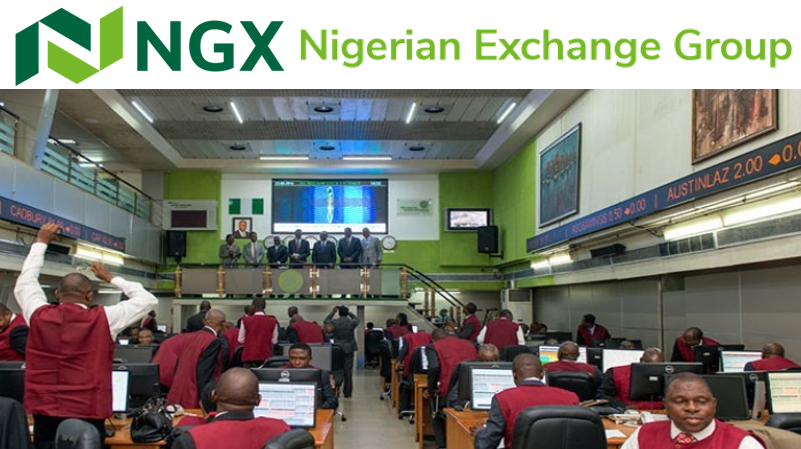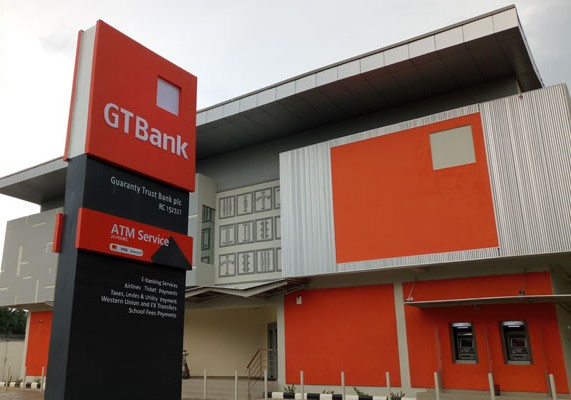Equity Market Decline in October: Key Factors and Sector Analysis
Nigeria’s equity market recorded a 0.92% drop in October, with the Nigerian Exchange Limited (NGX) facing one of its steeper monthly declines of 2024. This downturn reflects a bearish market sentiment, particularly as investors sold off industrial and consumer goods stocks, a move that overshadowed gains in other key sectors.
The NGX All-Share Index (ASI) opened the month at 98,558.79 points but closed at 97,651.23 points, with the market capitalisation increasing to N59.171 trillion due to new listings. Analysts highlight this trend as a signal of continued investor caution, though select growth in oil, banking, and insurance sectors suggests pockets of resilience.
Join our WhatsApp ChannelSector Performance: Mixed Results Across Key Indices
The October report reveals a marked divergence in sector performance within Nigeria’s equity market.
The NGX Industrial Index saw a sharp decline of 9.31% throughout the month. According to analysts, this drop was influenced by high valuations in industrial stocks that prompted sell-offs. “We noticed a significant pullback among investors who found valuations in this sector increasingly unattractive at current levels,” explains Akin Ogunleye, a financial analyst at Fortrite Securities.
The NGX Consumer Goods Index also posted a decrease, though less severe, dropping by 0.75%. Investors in consumer goods expressed concern over weak demand trends, with several companies reporting declines in quarterly earnings, leading to further selling.
In contrast, other sectors witnessed gains. The NGX Oil & Gas Index rose by a significant 15.90%, largely driven by surges in global oil prices. “Global price increases for oil have bolstered this sector and attracted more investment, especially as local oil companies posted improved revenues,” Ogunleye adds.
Similarly, the NGX Banking Index and NGX Insurance Index increased by 4.78% and 4.01%, respectively. These sectors benefited from rising interest rates, which improved bank earnings and strengthened insurance returns, appealing to investors seeking value in more stable sectors of the equity market.
Last Trading Week of October Sees Consecutive Losses
The equity market’s downward trend was amplified during the last trading week of October, with four consecutive days of negative performance culminating in a 1.81% overall weekly decline.
This further reinforced the bearish undertone that has lingered within Nigeria’s equities market.
READ ALSO: Nigeria’s Equity Market Faces Continuous Dip As Investors React to Inflation Concerns
Investor Strategy: Cherry-Picking Undervalued Stocks
Despite the overall market decline, some investors are viewing current conditions as an opportunity. “Investors are eyeing undervalued stocks that possess strong fundamentals,” says Maryam Idris, a portfolio manager at Nexus Capital. “This strategy is especially relevant now with ongoing corporate actions, including dividend announcements, which could prove beneficial.”
These “cherry-picking” strategies reflect a nuanced investor perspective, where those seeking long-term value are targeting stocks they believe have growth potential despite the market downturn.
New Listings Add Value Amidst Decline
New listings on the NGX also influenced the market’s valuation, even as the ASI experienced an October decline. Notably, Aradel Holdings Plc was listed on October 14, adding 4.344 billion shares to the market at an initial price of N702.69 per share. Although Aradel’s stock initially spiked to N850.1, it has since dropped to N495.10, reflecting a 28.8% decline. Despite this dip, Aradel’s entry boosted market capitalization by N3.05 trillion.
Additionally, Norrenberger listed two new funds—the Islamic Fund (NIF) and the Turbo Fund—on October 29, aimed at attracting investors interested in collective investment schemes. The NIF fund is specifically designed for investors adhering to Shariah principles, seeking returns above conventional Shariah-compliant fixed deposits. Norrenberger’s emphasis on conservative returns without the higher risks associated with equity investments aims to meet the needs of more risk-averse investors.
Year-to-Date Performance: Equity Market Remains Positive
Despite the October dip, Nigeria’s equity market maintains a positive year-to-date (YtD) return of 30.60%, though slightly down from 31.81% at the end of September. The YtD performance indicates that, while the market faced challenges in October, it has sustained a robust upward trend throughout 2024.
Analysts remain optimistic that continued investor interest in growth sectors, alongside strategic stock selections, will help maintain positive momentum. As market participants weigh opportunities and risks, Nigeria’s equity market performance in the coming months will likely depend on both sectoral resilience and broader economic conditions impacting investor confidence.
Emmanuel Ochayi is a journalist. He is a graduate of the University of Lagos, School of first choice and the nations pride. Emmanuel is keen on exploring writing angles in different areas, including Business, climate change, politics, Education, and others.



















Follow Us